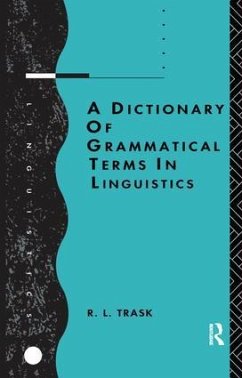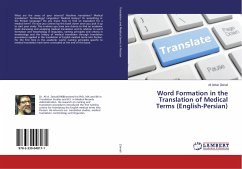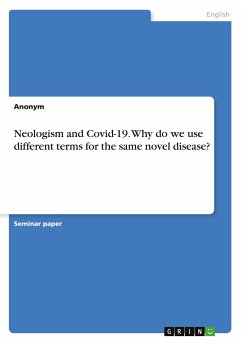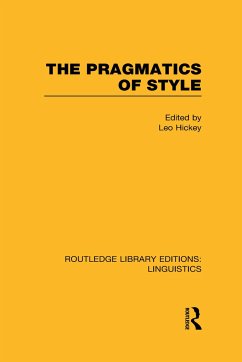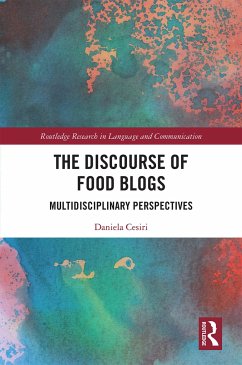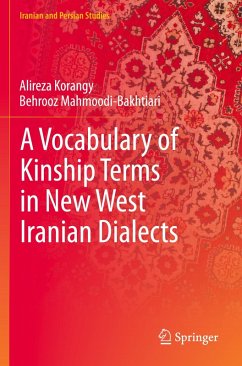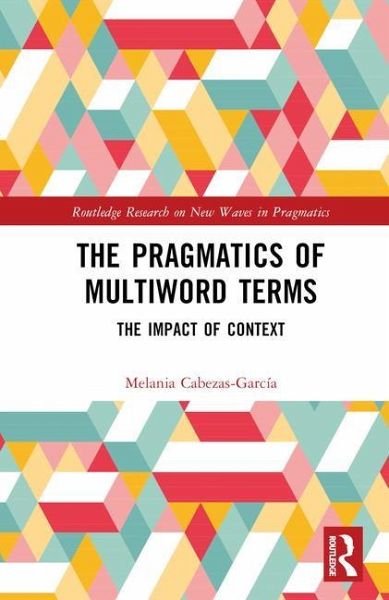
The Pragmatics of Multiword Terms
The Impact of Context
Versandkostenfrei!
Versandfertig in 1-2 Wochen
171,99 €
inkl. MwSt.
Weitere Ausgaben:

PAYBACK Punkte
86 °P sammeln!
This book explores pragmatics of specialized language, focusing on multiword terms, complex phrases characterized by sequences of nouns or adjectives whose meaning is clarified in the unspecified but implicit links between them.





